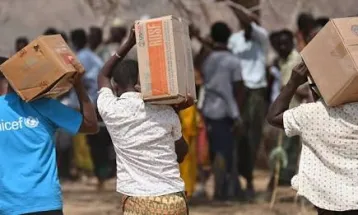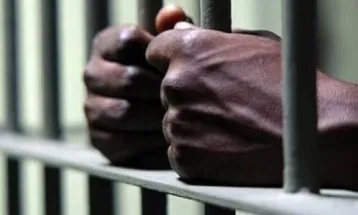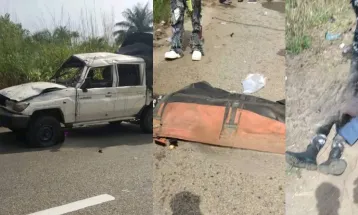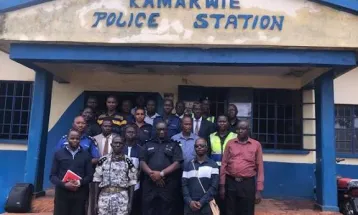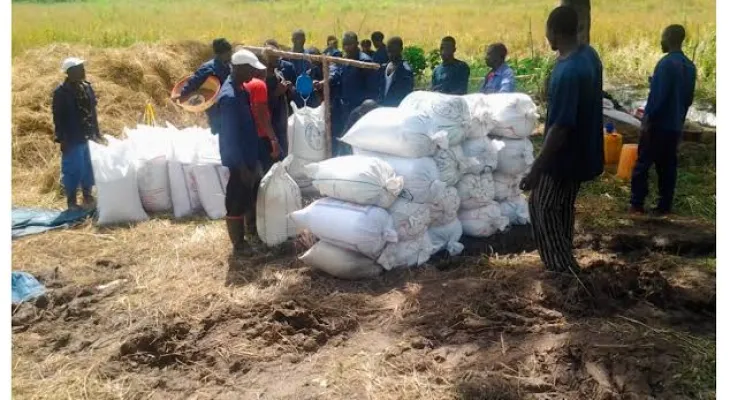
Sierra Leone Correctional Service Initiates Large-Scale Farming to Reduce Government Expenses
The Sierra Leone Correctional Service (SLCS) has launched a significant farming initiative aimed at alleviating the rising costs of inmate welfare and contributing to the nation's food security. This new direction was revealed during the 2025 bilateral budget discussions at New Brookfields Hotel in Freetown.
Susan Koker, SLCS's Director of Support Services, explained that the department's annual expenditure on inmate welfare ranges between 100 to 130 million New Leones, with 80% of the budget dedicated to feeding inmates. To mitigate these expenses, SLCS has developed a proposal for large-scale mechanized farming, aiming to achieve self-sufficiency in food production for inmates and to support the national "Feed Salone" initiative.
Koker mentioned that while several agricultural lands have been identified for these activities, additional government support is needed to secure more land. She also emphasized the department’s capacity to mobilize labor from both inmates and correctional staff, working under an earning scheme. SLCS has established a service level agreement with the Ministry of Agriculture for large-scale farming and training inmates in agricultural practices.
In addition to farming, Koker highlighted ongoing revenue-generating efforts through small-scale industries, despite challenges like the 2020 jailbreak that damaged woodwork equipment and facilities. SLCS continues to produce furniture, soap, bread, and other local products, with plans to expand these activities. The department has also proposed projects seeking funding for equipment in bread baking, soap making, tailoring, carpentry, and other trades.
“Our goal is to rehabilitate and reintegrate inmates into society while generating revenue for both the department and the government,” Koker said. Revenue from the sale of inmate-produced goods will be deposited into the government’s consolidated fund, with a portion allocated to the inmates.
However, Koker also pointed out significant challenges, including severe overcrowding in correctional centers, delayed fund disbursements, and accumulated payment arrears to suppliers. Additional issues include unclear operational policies, a low staff-to-inmate ratio, insufficient vehicles, inadequate accommodation for correctional officers, and high staff attrition due to poor working conditions.
To tackle overcrowding, SLCS is collaborating with various institutions, including deploying technical support teams from the Republic of Sierra Leone Armed Forces and the Sierra Leone Police. New blocks are also under construction at correctional facilities in Moyamba, Waterloo, Karene, and Falaba.
These initiatives underscore SLCS’s broader efforts to reform Sierra Leone's correctional system, focusing on self-sufficiency, inmate rehabilitation, and reintegration, while easing the financial burden on the government.

